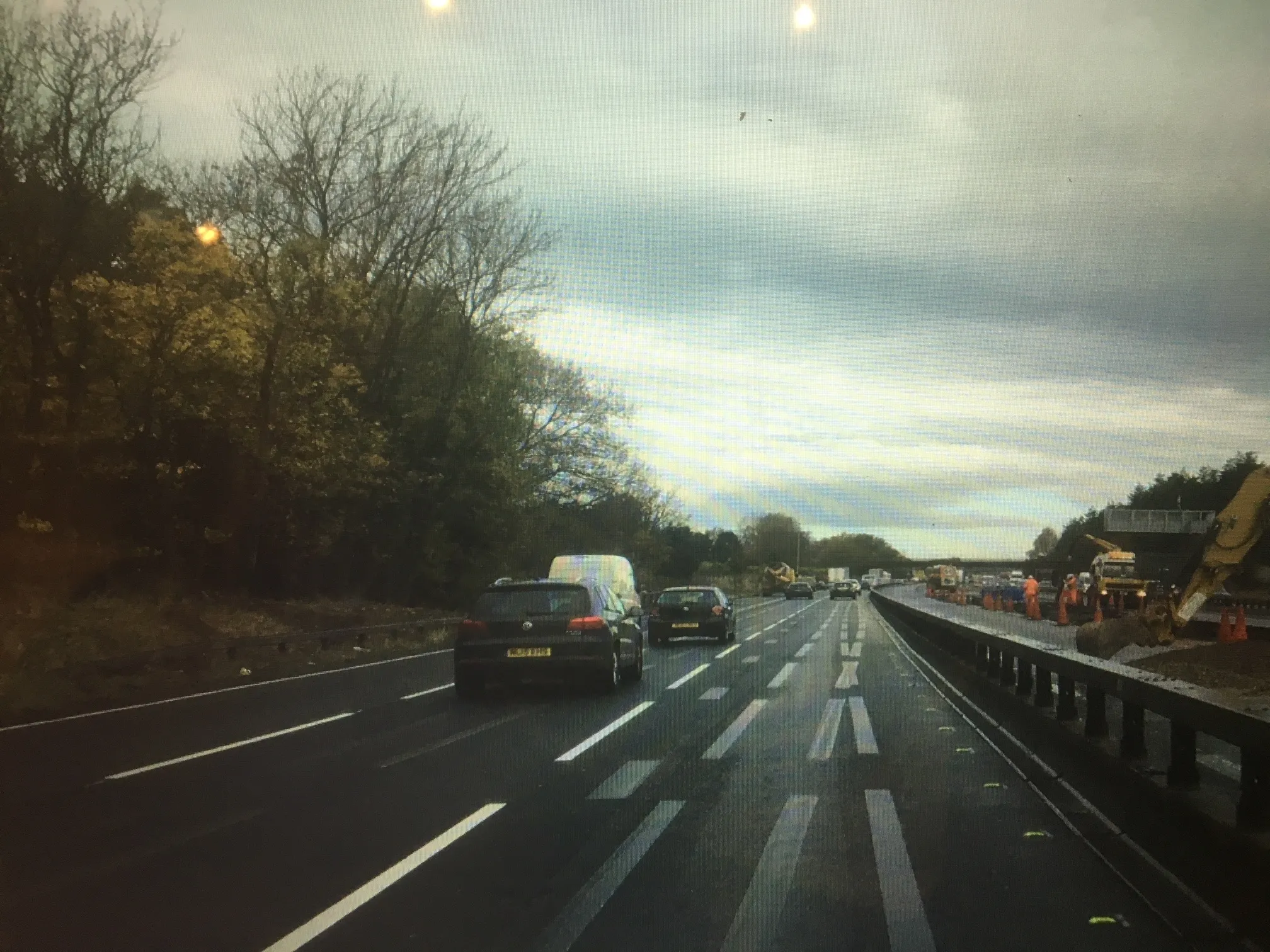
Highways England is testing seven new road marking products as part of a major international project to rid road surfaces of confusing 'ghost' markings.
Last year the agency, which is responsible for maintaining England’s major road network, including motorways, launched a €769,000 (£685,000) international research project to find a solution to issues around the removal of white lines and the fainter - but potentially confusing - markings which can be left on teh road.
This will be particularly important for advanced driver assistance systems (ADAS) with features such as lane-assist.
Highways England says progress is being made in a trial on the M5 motorway in south-west England.
The competition, launched in conjunction with highway maintenance companies Roadcare and Kier, is being funded through Highways England’s ring-fenced Designated Fund for Innovation.
One approach used in the trial has been to apply a black baseline first before adding the white line.
This also fills in some of the voids in the road preventing the marking penetrating too deeply into the surface - and another advantage is that it provides greater contrast between the marking and the road itself which will be increasingly important as autonomous vehicles are introduced.
At a testing centre in the Spanish capital Madrid, the markings were subjected to some two million wheel-overs to find the top products, and the best seven were then put to the test on the northbound carriageway of the M5.
Once testing is complete, the most successful products will be highlighted in research shared around the world in an effort to set new high standards for the road industry.
The companies whose marking products are being tested are WJ Roadmarkings, MEON and 3M – all from England - as well as Geveko Markings, the Swedish company’s markings business based in Denmark, and Swarco from Germany.
Removal systems under testing are from WJ Roadmarkings, Thames Hydroblasting, based near London, traffic-lines, from Germany, and the Dutch companies of Track Line and Veluvine.
The trial will continue until April.









